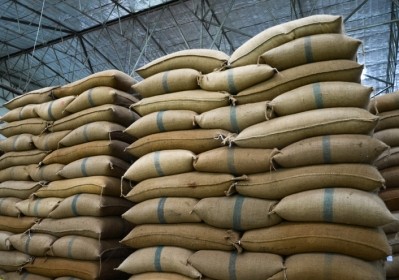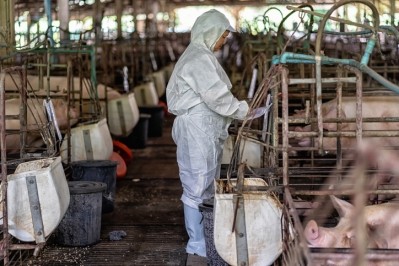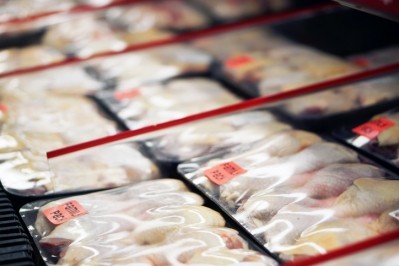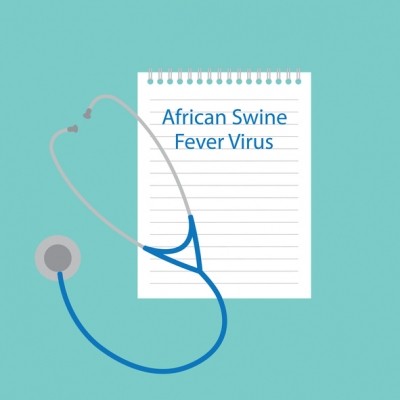Rabobank: ASF to catalyze widespread pig production consolidation in China
“China’s hog industry is fragmented, with 40% of hogs coming from small producers. Biosecurity has been a weakness of this segment, and most reported cases of ASF come from farms with fewer than 500 hogs, commonly using kitchen waste to feed hogs. Conversely, large-scale farms have very strict biosecurity, with standardized feed and have, so far, largely been unaffected by ASF. We expect ASF to catalyze widespread industry consolidation, with many small farmers becoming uncompetitive under the new market conditions.”
Market disruption in China following the discovery of ASF in early August has been significant, continued the analysts.
Transport bans have made it difficult for affected provinces to move hog inventories. The inability to slaughter hogs in affected regions is affecting prices and will force liquidation. Product shortages in consumer-heavy regions without production, on the other hand, are experiencing extreme price inflation. Some small farmers in the affected regions have already exited the market, said Rabobank.
“The rapid spread of ASF in ten geographically-dispersed provinces in China since August, underscores the challenges in controlling this highly virulent pork disease, but it also highlights the vulnerability of the industry to disease-related disruption,” said Christine McCracken, senior analyst, animal protein.
ASF disrupts traditional trade flows
Global pork markets are on edge as ASF disrupts traditional trade flows and heightens biosecurity concerns, continued the analysts.
The South Korean hog production sector is on high alert in relation to ASF spread from China. It has introduced measures at airports to prevent imports of meat products. There have been no reported ASF cases in Vietnam YTD but integrated farms there have increased biosecurity measures.
Europe
The team said further spread of ASF in Eastern Europe, and more recently, into Belgium, also raises concerns of trade disruption.
Some 80 cases of ASF were discovered in feral pigs in Belgium in mid-September. A quarantine of the region and stepped up efforts to eradicate potential ASF sources have thus far been successful, said the analysts. Meanwhile, 16 countries have banned trade with Belgium in response, but neighboring pork-producing countries have been largely unaffected.
Belgium only contributes 2.5% to EU pork exports, so the outbreak of ASF has little impact at the European level, said Rabobank. The analysts said the spread of ASF to Germany or the Netherlands would clearly have greater consequences. However, they said they are currently assuming there will be no additional cases of ASF in Western Europe.
US
In terms of the US swine market, US producers are focused on eliminating any risks of local ASF outbreaks.
Rabobank also noted in the US that regional supply disruptions following Hurricane Florence and trade barriers with China and Mexico have compounded an already difficult market for US producers and pork packers.
Record protein supplies are weighing on prices, resulting in steep losses. The market rebound in recent weeks has curbed those losses and improved prospects for 2019.








